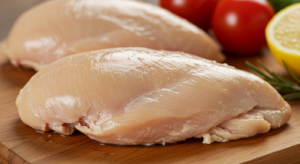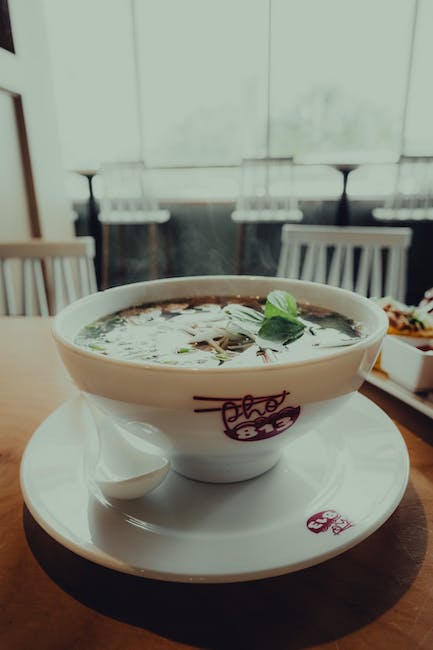
Unveiling the Type of Tea: Thai Tea
Thai tea is an aromatic beverage that has a unique flavor and is generally served sweet and creamy. It generally contains black tea leaves, which are known for their high caffeine content. Thai tea compared to other types of tea such as green tea or herbal teas, usually comprises a higher caffeine level. Individually, the caffeine content may not seem significant, but when consumed often, it contributes substantially to your daily caffeine intake.
Does Thai tea have caffeine? Yes, it does. The caffeine contents in Thai tea can vary depending on each serving. Serving size, brewing time, and the variety of tea leaves used play a significant role in determining the caffeine content. An average cup of Thai tea usually contains between 20 to 60 milligrams of caffeine.
Further Evaluating the Caffeine Content in Thai Tea
Noticeably so, the amount of caffeine in Thai tea may appear considerably lower than what you’d find in a cup of coffee, usually being 80 to 200 milligrams. But what you need to remember is, the amount of caffeine your body takes in is not only from Thai tea alone or a single cup of coffee. It also includes other caffeinated beverages you may consume throughout the day.
Given the variance, there’s no definite answer to how much caffeine is in Thai tea. However, according to USDA, an 8-ounce cup of black tea provides approximately 47 milligrams of caffeine – on average. Hence, it can be said that a cup of Thai tea possesses a similar caffeine level.
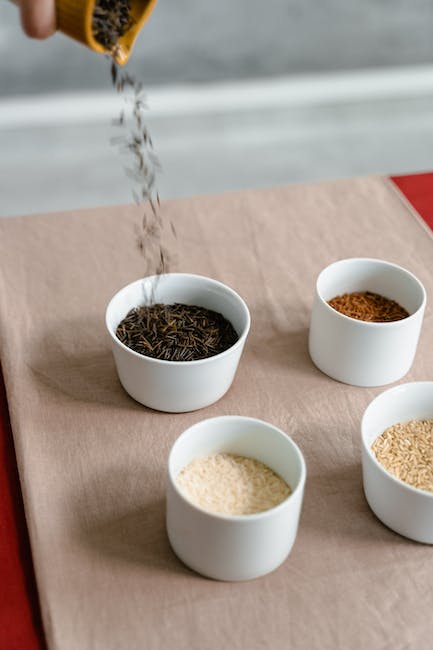
Digging Deeper into the Health Benefits of Thai Tea
Taking a deeper dive into Thai tea, despite the caffeine content, it offers plenty of health benefits. Drinking Thai tea can provide an energy boost while also promoting hydration given its liquid form. Additionally, antioxidants found in Thai tea have the potential to protect against a variety of illnesses like heart disease and cancer.
Conversely, consuming Thai tea that contains high levels of sweeteners and cream can lead to issues like weight gain or high sugar levels, but these effects can be mitigated by adjusting the additives according to your health needs. After all, tea is a great beverage when consumed in moderation with balanced additions.
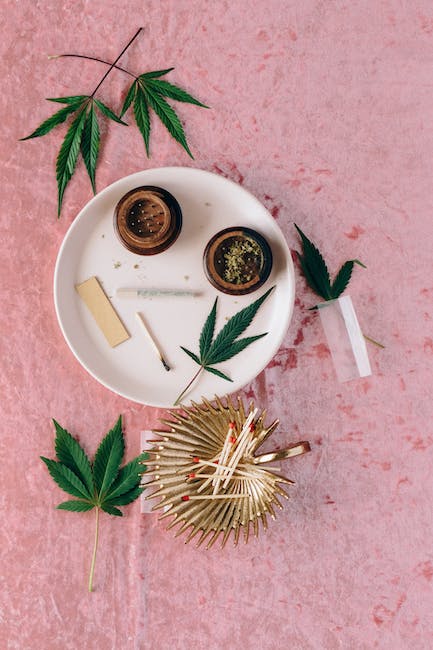
Thai Tea and Food Coloring
An often overlooked factor in Thai tea is the use of food coloring. Traditionally, Thai tea has a bright orange color, often achieved through food coloring. While this aspect may not have a direct impact on the caffeine content, it is something to be aware of if you are concerned about artificial additives.
While some people may have no issue with food coloring, others may experience side effects such as allergic reactions. In order to avoid such complications, you can opt for natural Thai teas without added colors, which will still provide the unique flavons and caffeine you are looking for.
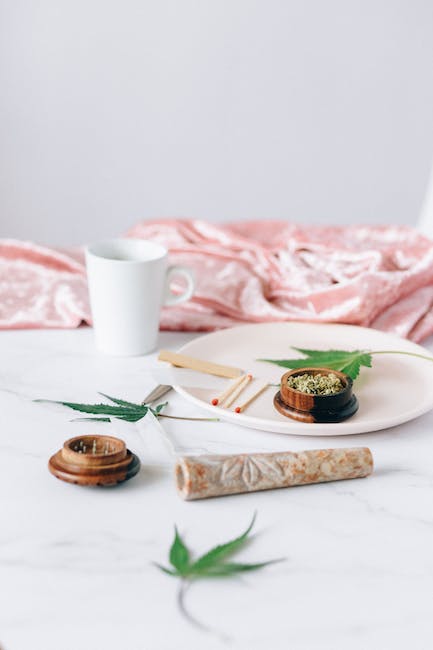
Comparison to Alternative Teas
When discussing the caffeine content in Thai tea, it’s crucial to compare it with other popular beverages. Thai tea tends to contain less caffeine than coffee but has more than most herbal teas. This places it right in the middle, providing a moderate level of caffeine suitable for everyday consumption.
With the rise in health consciousness, herbal teas have become increasingly popular due to their minimal caffeine content and diversified health benefits. They are made from a wide range of materials – from plants to seeds, and most of them are caffeine-free.
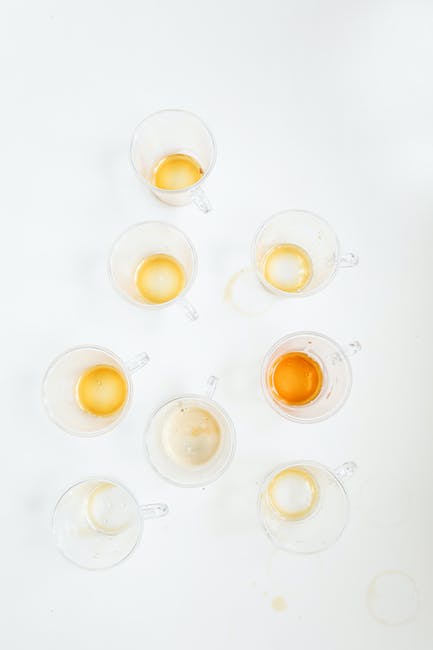
Evaluation: Green Tea Vs Thai Tea
Green tea is another popular drink people generally assume to contain less caffeine. However, contrary to this belief, green tea does contain caffeine, though lesser than that of black tea. Analysis shows an 8-ounce cup of green tea contains about 29 milligrams of caffeine, which is slightly lower than the average caffeine in Thai tea.
Not only caffeine, but green tea also offers an array of health benefits, including heart health improvement, weight loss, and prevention of cancer. Thus, it is health-wise beneficial, similar to Thai tea, and could be considered a suitable caffeine alternative if you seek something with a lower caffeine content.
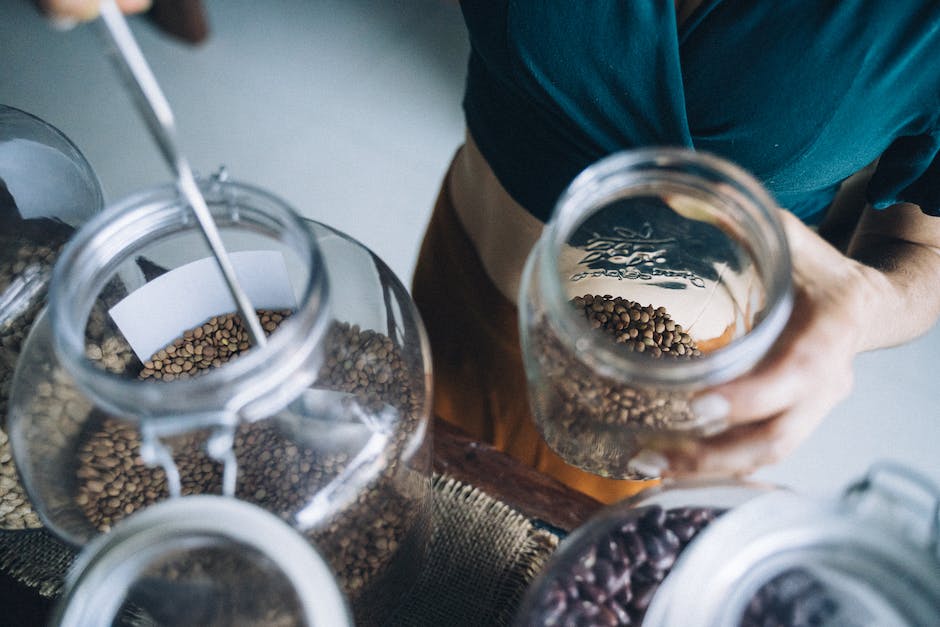
Does the Caffeine Content Vary Depending on the Brewing?
Yes, the caffeine content in Thai tea can indeed vary depending on the brewing process. The length of the brewing time and the temperature can significantly influence the final caffeine content. Typically, the longer the tea is steeped, and the hotter the water, the more caffeine is released from the tea leaves.
However, it should be noted that brewing time or temperature must not be exaggerated. Over-steeping or boiling at a high temperature can result in a bitter taste or depletion of its health benefits. Finding the right balance is key to retaining the natural taste and getting the most out of your Thai tea.

Conclusion: Does Thai Tea Contain Caffeine?
In conclusion, does Thai tea have caffeine? Yes, it does. Thai tea comprises caffeine as it is primarily made from black tea leaves. However, the level of caffeine can vary depending upon various factors like serving size, brewing time, and type of tea leaves used. Notwithstanding, Thai tea is a great beverage choice that provides moderate caffeine and health benefits.
Moreover, Thai tea presents a unique flavor that separates it from the rest. Today, Thai tea is savored worldwide and continues to gain popularity. If you’re allergic to caffeine or seeking a lower-caffeinated drink, herbal tea or green tea could be your viable alternatives.
How much caffeine does Thai Tea have compared to coffee?
Thai tea generally contains between 20 to 60 milligrams of caffeine per serving, whereas coffee usually contains around 80 to 200 milligrams.
What gives Thai tea its unique flavor?
The unique flavor of Thai tea is due to the spices and sweetened condensed milk that’s often used. The base of Thai tea is usually made from strongly-brewed black tea.
Does the caffeine content vary depending on how Thai tea is brewed?
Yes, the caffeine content can vary depending on the brewing time and temperature. The longer the tea is steeped and the higher the temperature, the greater the caffeine content.
Is there a difference in caffeine content between Thai Tea and green tea?
Yes, there is a difference. Green tea generally contains less caffeine, with about 29 milligrams per cup, while Thai tea contains on average 47 milligrams of caffeine per cup.
Can Thai tea give you an energy boost?
Yes, due to its caffeine content, Thai Tea provides a moderate energy boost.
What are the benefits of drinking Thai tea?
Thai tea contains antioxidants that can protect against several diseases. It also offers an energy boost. However, too much consumption can lead to issues like weight gain or high sugar levels.
Is the food coloring in Thai tea harmful?
Food coloring is generally considered safe for consumption. However, some people may have allergic reactions. For those that do, there are natural Thai teas without added colors available on the market.
Are there alternatives for Thai tea that contain less caffeine?
Yes, green tea and herbal teas generally contain less caffeine and could be suitable alternatives to Thai tea.
What is the purpose of the cream in Thai Tea?
The cream gives Thai tea its distinctive taste and creamy texture. However, it does add extra calories and sugar.
Does a cup of black tea have more caffeine than a cup of Thai tea?
On average a cup of black tea has almost the same amount of caffeine as a Thai tea. Both teas are generally made from black tea leaves. Differences in caffeine amounts depend on factors like tea quality, how long it’s been brewed, and serving size.





